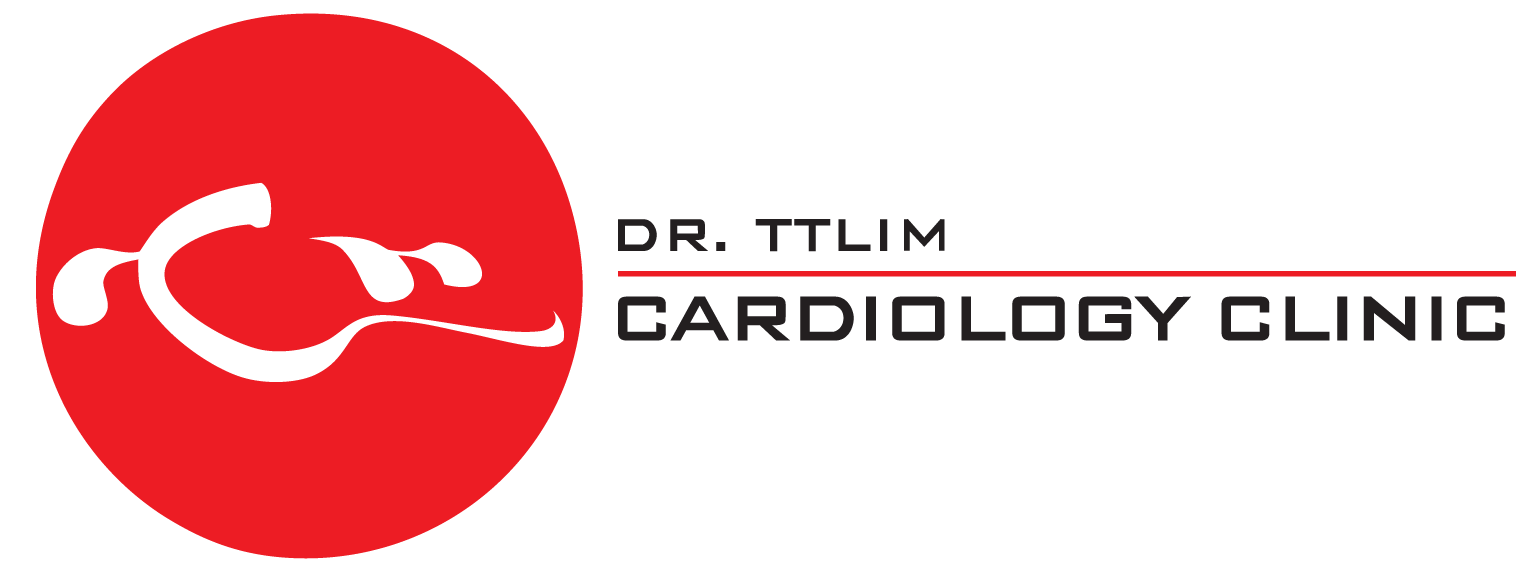Inherited heart conditions, as the name suggests, refers to heart conditions that a person can develop due to it being passed down through genetics. There are various conditions that fall under this umbrella term. The most commonly inherited heart conditions are:
- Cardiomyopathies (including Hypertrophic Cardiomyopathy, Dilated Cardiomyopathy, Arrhythmogenic Right Ventricular Cardiomyopathy, and Restrictive Cardiomyopathy)
- Arrhythmias (including Long QT Syndrome, Brugada Syndrome, Catecholaminergic Polymorphic Ventricular Tachycardia, and Short QT Syndrome)
- Marfan Syndrome
- Sudden Arrhythmic Death Syndrome
Inherited heart conditions are fatal conditions to experience, as they are usually asymptomatic and is only noticeable once it becomes fatal. However, through regular medical checkups and personal observations, inherited heart conditions can be identified before its too late. Some symptoms you can always look out for, include heart palpitations, chest pain, fatigue, dizziness, shortness of breath and/or fainting.
Diagnosis and Treatment
Inherited heart conditions can be diagnosed and accurately determined through a series of tests and scans, including:
- Echocardiogram
- ECG
- CT or MRI scans
- Stress test
- Cardiac catheterization
Once accurately identified, you will be suggested any of the following treatment options:
- Medications, including ones to regulate blood flow and minimize blood clots
- Cardiovascular surgery to repair damaged valves, vessels or other parts of the heart
- In rare cases, hear transplantation
- Implantable cardioverter defibrillators, to correct arrhythmia from within
Prevention and Remedies
Although not completely preventable due to it heavily relying on genetic and hereditary factors, inherited heart conditions can be greatly prevented by following these steps:
- Staying physically active
- Maintaining a healthy weight
- Avoiding smoking and drinking
- Eating healthy and balanced meals
- Exercising frequently





